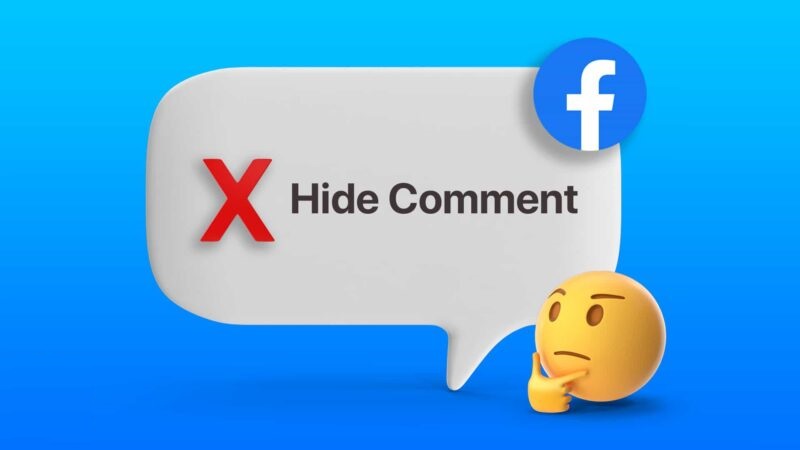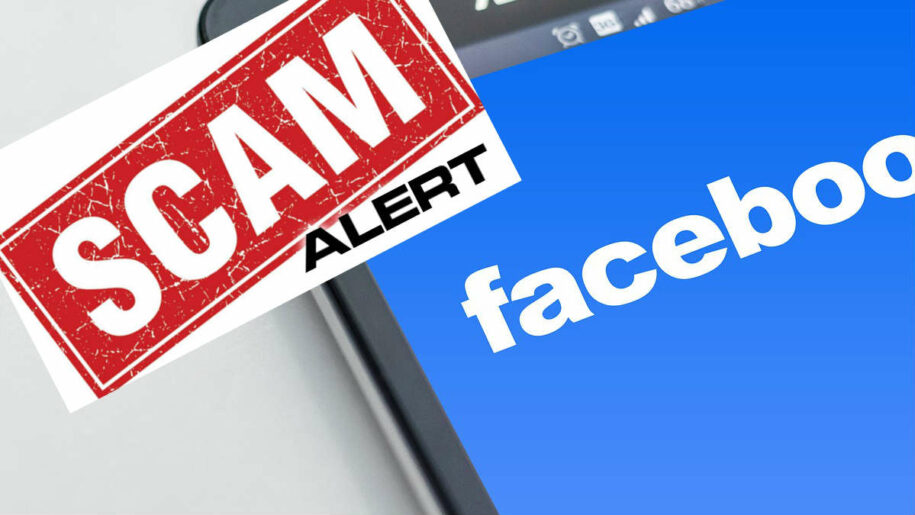Facebook Media Partner Portal is a way for people to gain verification. However, this portal is only accessible to a certain group of people. Yet, hackers have found a way to abuse this backdoor.
This article will discuss how people abuse Facebook Media Partner and other common scam practices.
Table of Contents
What Is Facebook Media Partner Portal?
Facebook Media Partner Portal is a platform that several media organizations and related companies use to resolve specific issues concerning Facebook and Instagram accounts.
For example, media companies can use this platform to request help if staff is being harassed (through negative comments or hateful language). Or, if a post was accidentally tagged as inappropriate content.
Those with access to this portal can also request verification status on specific Facebook and Instagram accounts. Furthermore, they can use the tool to claim inactive usernames.
However, making a username claim or verification request is not a guarantee that it will be granted. Facebook can decide to approve or deny both types of requests.
Keep in mind that organizations with access to this portal do not share it without individuals outside their respective companies.
That said, not everyone with access to the portal respects its exclusiveness. If you check various websites and freelance platforms, you will find individuals trying to leverage the media partner portal.
Some are looking for others with access to the portal, so they can abuse it to verify accounts. Conversely, others are advertising their access to the portal to make a quick buck by abusing it.
In the past, hackers would break into accounts and sell them for a huge profit. But, Facebook Media Partner Portal makes this criminal activity easier. Now, you do not even need to be a hacker to enact these crimes.
5 Common Scammers’ Practices On Facebook Today
Besides using Media Partner to acquire a blue check mark deceitfully, there are other popular scams that people use on Facebook. Here are some of those practices.
Selling Followers and Likes
When it comes to social media scams, selling followers and likes is one of the most common practices. It is especially rampant on Facebook.
People who sell followers and likes do not get active users to follow you or like your posts. Instead, they use spam accounts or fake profiles to perform these tasks.
While the number of followers and likes on your Facebook page might look impressive, there are several drawbacks. Some of them include low audience engagements and a possible Facebook ban. Therefore, it is best to grow your account organically.
Blue Check Marks Following
Getting a blue checkmark on Facebook signifies that an account is verified. Initially, these marks served as a way for the public to verify the authenticity of certain accounts.
However, this badge has become a status symbol that gives holders bragging rights. This is why scammers use this opportunity to take advantage of unsuspecting individuals looking to further their careers as influencers.
These people reach out to scammers, hoping to get verified after paying a fee. Sadly, these scammers collect the money, then direct the victims to fake verification forms, steal their personal information, and possibly, take over their accounts.
Alternatively, the assailants could reach out to people via Facebook Messenger and offer this service. Unfortunately, some people fall prey to this scam.
Facebook Quiz Scams
Facebook quizzes are the type of content you might want to avoid. You do not necessarily have to stop answering quizzes; you just need to know which ones are legit and which are not.
Most people see fun quizzes such as “What is your spirit animal?” and are immediately intrigued. However, some of these quizzes will request access to your profile, and once you grant access, hackers can use your profile as they please.
Additionally, these quizzes could contain questions aimed at gathering personal information about you, such as your birthday, mother’s maiden name, or pet’s first name.
While answering these questions may seem harmless, remember that most people create passwords based on some of these answers.
Fake Friend Requests
Fake friend requests are another way scammers can get to you. You should be wary of friend requests you receive from people you know already have a Facebook account.
Granted, people like to get rid of old accounts and open new ones for a fresh start. But, most people don’t do this. So, if you see a friend request from someone you are already friends with, it could be a scammer.
Scammers clone a person’s complete Facebook profile, from their profile picture to their personal information, and then send requests to “friends.”
When the request has been accepted, the hacker might send a link leading to a range of content types that are malicious.
These are links you would typically avoid but might not this time because they came from a trusted friend. Thus, if you find a friend sending a suspicious link, ensure to call them and figure out if they actually sent it.
Phishing Scams
Phishing scams are one of the oldest scams on the internet. These scams are attempts by criminals to acquire your personal information, such as credit card numbers and passwords.
Phishing messages resemble genuine messages and usually have the same format (e.g logo and branding) of the organization the scammer is pretending to be from.
Facebook is one platform where scams are easily mistaken for legitimate content. These include surveys that ask you for personal information before receiving gift vouchers. Ultimately, these scammers give you fake vouchers or nothing at all.
Can People Use Comments to Scam Others?

People can use Facebook comments as a way to scam other people. This is especially true for Facebook business Pages or verified accounts due to their large following.
Facebook has a list of rules regarding these kinds of comments and usually classifies them as spam or a violation of the platform’s policies.
Unfortunately, Facebook does not always catch these inappropriate comments, and you might need to use the hide comment option. Keep in mind that these hidden comments are not as they seem. So, what happens when you hide a comment on Facebook?
When you hide a comment on a post or status update, the comment is only visible to the person who posted it and all their friends.
Therefore, when the user tags their friends, they can continue the discussion on that comment. But, this access is limited to the commenter and their friend list.
Conclusion
Facebook is a fantastic social media platform that individuals can use to interact with friends and family. But, people have found ways to scam users and the social network itself.
Hopefully, by knowing these scams, you can avoid them as you enjoy socializing and working on your Facebook growth.
- How to Create a Winning Social Media Strategy for Your Business? - October 12, 2023
- Elevate Your Online Presence: Tips for Better Social Media Use - October 12, 2023
- The Ultimate List of Top Social Media Apps and Sites - October 12, 2023

